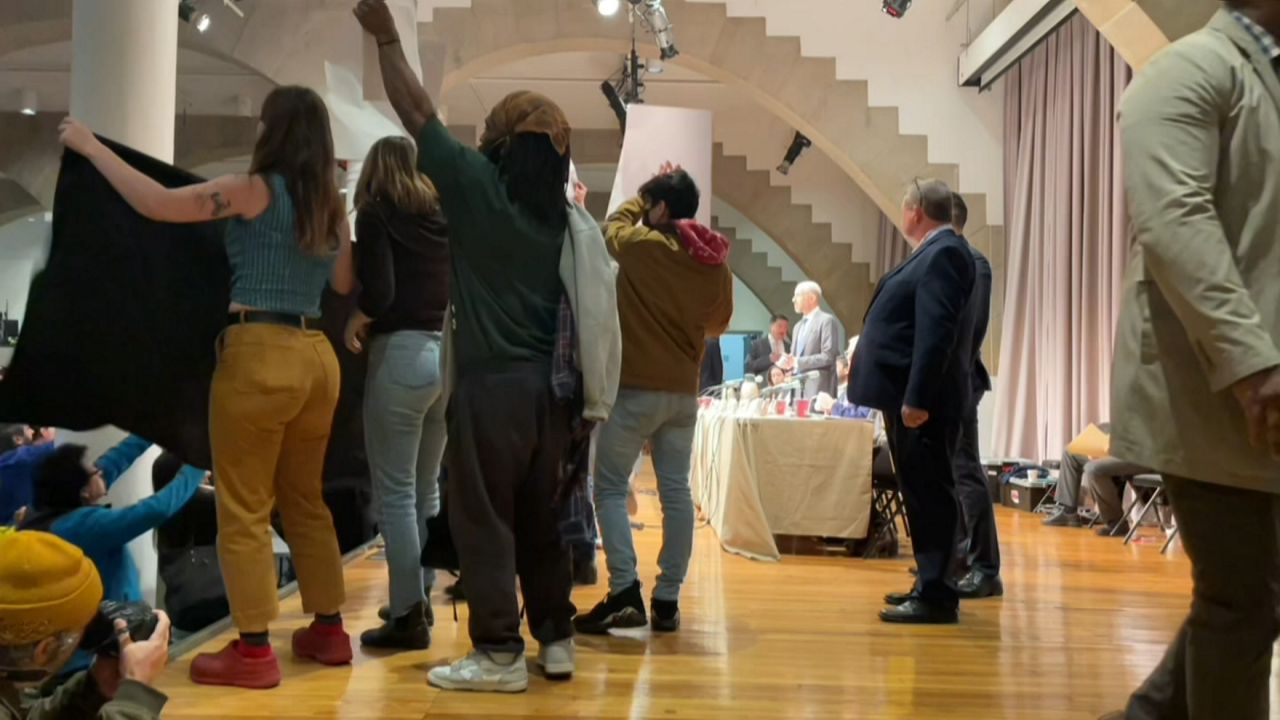During a virtual Rent Guidelines Board hearing Tuesday, landlords made their case for rent hikes as they grapple with mounting expenses.
The board, tasked with considering potential increases for rent-stabilized apartments in the five boroughs, is currently deliberating on proposals of rent hikes of up to 5% for one-year leases and up to 7% for two-year leases.
During Tuesday’s hearing, landlords and their supporters stressed the urgent need for rent increases, emphasizing that they are essential for keeping up with rising costs.
“In recent years, we have witnessed a significant increase in operating expenses due to rising property taxes as well as increases in insurance premiums and maintenance costs,”Jacqueline Wong, a landlord, said. “These cost escalations are impacting our ability to continue to provide the types of services that our tenants have come to rely on.”
Real estate broker Seth Glasser echoed these sentiments, calling for support of rent increases not only for the benefit of landlords, but also tenants.
“We should vote for rental increases not because it helps landlords but because it can vastly improve living conditions for countless New Yorkers. Rejecting intuition, let's support tenants by enabling their landlords to maintain and enhance their homes for future generations by voting for reasonable RGB increases,” Glasser said.
However, tenant advocates expressed concerns about the affordability of higher rents and the potential consequences of such increases. They fear that rising rents could force more people onto the streets.
“We really believe that we need a rent freeze this year. And I understand there are concerns from the landlords and there are concerns from the tenant side. But the reality is every 1% rent increase will result in additional evictions, and we've seen that,” said Manhattan Assemblyman Harvey Epstein.
One more in-person hearing is scheduled to take place Thursday evening at St. Francis College in Brooklyn. The final vote by the board is slated for next Wednesday at Cooper Union.
If approved, the increases would impact lease renewals beginning after Oct. 1.






